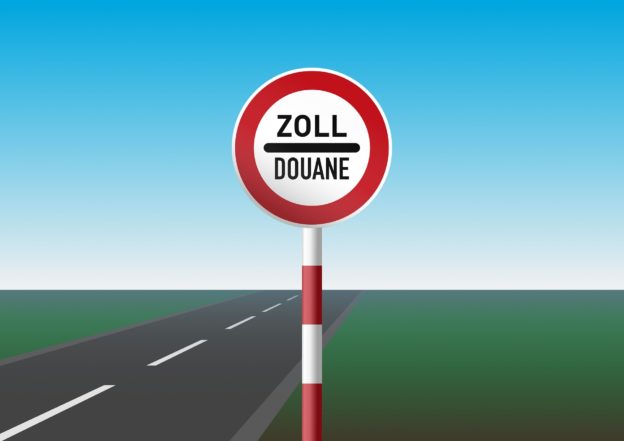The determination of the customs value of imported goods is based on the provisions of Article 29 of the Union Customs Code (UCC). This article provides for the use of the transaction value, that the buyer and seller are not related. If the two operators are related, the use of the transaction value must be acceptable for customs purposes. In this respect, article 143 of the CDC specifies the conditions under which persons are deemed to be related, namely:
- if they have the legal status of partners;
- if one of them directly or indirectly controls the other;
- if both are directly or indirectly controlled by a third party.
The dispute in question concerns imports made between 2009 and 2012 for which Lithuanian customs refused to take into account the transaction value declared by the operator.
According to the Lithuanian customs, the nature of the commercial relationship between the importer and the seller implies that they should be considered as “related persons” within the meaning of Article 29. The UAB operator challenged this interpretation in front of the competent courts, and the case was subsequently brought before the ECJ. The European Court of Justice was asked to give a preliminary ruling on the existence of a de facto control by the seller over the importer. This decision gives details of the proof to be provided with regard to both the status of partner and to the de jure or de facto control.
- Proof of partnership
On the interpretation of the link and the status of partner, the ECJ supports the conclusions of the Advocate General, and indicates that the provisions of Article 143 excludes any de facto association. It thus accepted the legal relationship between partners, which requires to meet national provisions on the status of partner in order to establish the existence of that relationship. It specifically excludes any person who is not a partner by right.
Furthermore, the ECJ emphasizes the need to document the link between the two operators; without such documentation, the legal link cannot exist.
- Proof of control
In order to determine the direct or indirect control exercised by one of the operators or by a third party, the interpretative note on customs valuation relating to article 143 (1) (e) specifies that a distinction must be made between de jure control and de facto control.
Documentary evidence is used to define legal control. In the decision, there was no documentary evidence, so that it should be excluded. It is up to the national courts to control this point.
Concerning the existence of de facto control, the interpretative note specifies that a person is deemed to control another when he is in a position to exercise a power of constraint or direction over the latter.
In this case, a close relationship of trust between the two operators was established, but it could not be concluded that coercion or direction had been exercised.
According to the Court, only the attestation of objective elements is “in a situation in which there is no document which makes it possible to establish such a relationship, but in which the circumstances surrounding the conclusion of the transactions at issue, substantiated by objective elements, may be regarded as demonstrating the existence of de facto control.”
- Database and similar goods
In addition, the ECJ clarifies the notion of “data available in the Union“. According to its analysis, information contained in a national customs database, relating to goods falling under the same TARIC code, and coming from the same vendor as those concerned by the so-called “last resort” method used to determine customs value of imported goods, constitutes “data available in the Union”, within the meaning of Article 31 (1) of the Community Customs Code (CCC). These data are considered as available even if they are not “similar goods” within the meaning of Article 142 of the CCC. In this sense, the ECJ advocates for a reasonable flexibility in the application of these methods.
DS Avocats International Trade and Customs team is at your disposal to provide you with any additional information.
CONTACT US :

